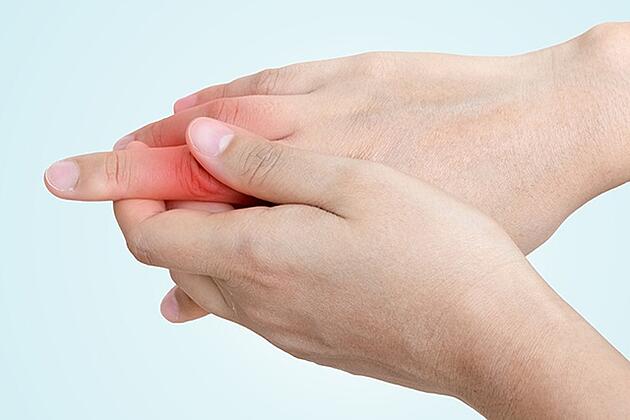Your fingertips are rich with nerves and are extremely sensitive. Without prompt and proper treatment, a fingertip injury can cause problems with hand function, and may even result in permanent deformity or disability. To ensure the best outcome, it is important to have your doctor examine your finger or thumb after an injury.
What To Do Immediately For a Finger Injury
If you have injured your finger, clean the injury, if possible, and cover it with a lightly compressive sterile dressing to minimize bleeding and protect the injured finger. Elevate the injured hand to minimize swelling.
What To Expect At The Doctor
Your doctor will talk with you about your medical history and the circumstances of your injury. He or she will want to know if you have any medical conditions, such as diabetes, if you smoke, or if you take any medications. Your doctor will also want to know if you have experienced a previous injury to the affected hand.
Your doctor may give you a numbing injection (digital block anesthesia) to help reduce the pain in your injured finger. He or she will irrigate, or wash out, your wound with a saline solution to see it more clearly and to reduce the risk of infection. Your doctor will examine your finger carefully, looking for exposed bone, missing tissue, and injury to the nail and nail bed.
Your doctor will then thoroughly clean out the wound, removing dead tissue and contaminants. This procedure is called “debridement.” This will reduce your risk for infection. If your doctor suspects that you have broken bones, he or she may order x-rays. Some fingertip injuries can cause bleeding under the fingernail—a condition called “subungual hematoma.” If this is the case with your injury, your doctor may pierce your fingernail to relieve the pressure. He or she may also remove your fingernail if the nailbed underneath requires repair. Finally, your doctor may prescribe an antibiotic and/or give you a tetanus shot to prevent infection.
Recovery From A Finger Injury
The goal of treatment is to have a pain-free fingertip that is covered by healthy skin and functions normally. Your doctor will try to preserve the length and appearance of your finger.
Recovery from a fingertip injury may take several months. After your injury heals, mild to severe pain and sensitivity to cold may continue for up to a year or may even be permanent. Your doctor may recommend treatment by a hand therapist who can supervise specific exercises to improve range of motion and strengthen your hand and fingers.
If you’re looking for treatment for a hand injury or other hand problems, our hand surgery specialists can help. They are specially trained in conditions of the hand such as carpal tunnel, tendonitis, ganglions, spurs and blemishes, and can help to determine a correct diagnosis and treatment plan. ASC’s hand specialists are located in the Fairfield County, CT town of Danbury.

